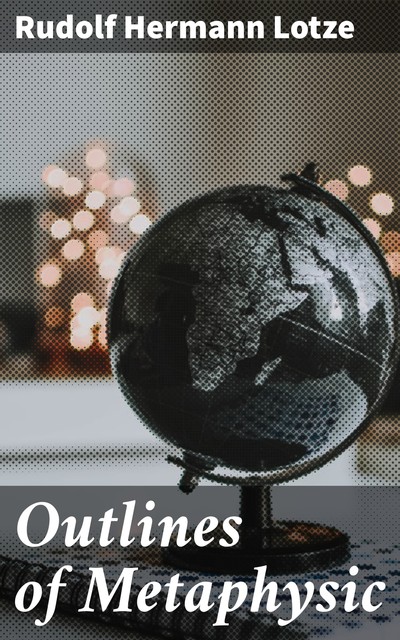Outlines of Metaphysic
125 бумажных страниц
- Правообладатель
- Bookwire
- Дата публикации оригинала
- 2021
- Год выхода издания
- 2021
- Издательство
- Good Press
- Переводчик
- George Trumbull Ladd
Цитаты
- Jan Noцитирует4 года назадeven that which is actual can be thought of only in the aforesaid logical forms; but that, on the one side, we cannot be led by it to all the fundamental propositions of metaphysic, and that, on the other side, we may by following this clue hit upon conceptions which have merely a logical value, and of which the metaphysical applicability is not clear
- Jan Noцитирует4 года назадlogical forms are, further, modes of experience
- Jan Noцитирует4 года назадLogical thinking is a combination of ideas according to laws of a universal truth; but these ideas do not relate to what is merely actual, but to all that is thinkable, even to all abstractions which can never of themselves have any actuality.
fb2epub
Перетащите файлы сюда,
не более 5 за один раз


